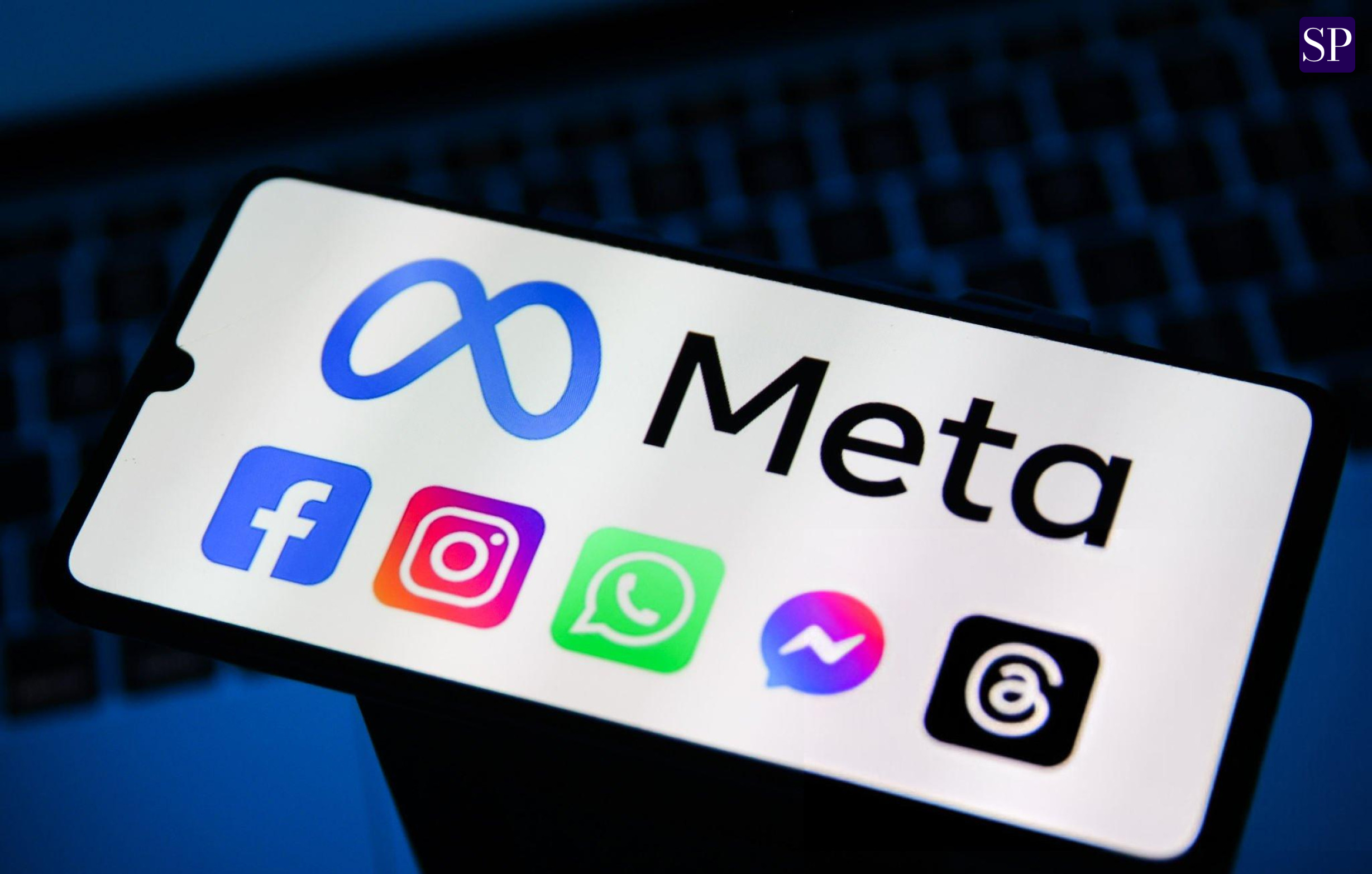Meta CEO Mark Zuckerberg has reaffirmed the company’s commitment to hefty investments in artificial intelligence (AI), despite recent turbulence in the market sparked by DeepSeek’s rapid advancements. The announcement came during Meta’s earnings call on Wednesday, where Zuckerberg reassured investors that AI remains a core focus for Meta’s long-term strategy. The statement follows a dramatic downturn in Nvidia’s stock, which plummeted nearly 20% on Monday due to concerns that DeepSeek’s AI models could reduce demand for graphics processing units (GPUs). However, Zuckerberg dismissed fears that DeepSeek’s rise would impact Meta’s AI spending, emphasizing that Meta is set to invest more than $60 billion in AI infrastructure in 2025, primarily to expand and enhance its data centers.
DeepSeek’s Rise: A Competitor, Not an Immediate Threat
DeepSeek’s recent advancements in AI have caught the attention of the tech industry, but Zuckerberg remains unfazed. He acknowledged that DeepSeek is a new competitor in the AI space but suggested it is still too early to determine whether it will significantly affect GPU demand or Meta’s AI strategy. Zuckerberg highlighted that Meta’s AI ambitions are scale-driven, and GPUs will continue to play a vital role in AI-powered data processing. He confidently stated, “At this point, I would bet that the ability to build out that kind of infrastructure is going to be a major advantage for both the quality of the service and being able to serve the scale that we want to.”
Meta’s Next Big Leap: Llama 4 and AI Automation
A key pillar of Meta’s AI vision is the development of its next-generation AI model, Llama 4. Zuckerberg revealed that this highly anticipated AI model aims to rival top proprietary AI models like OpenAI’s ChatGPT. Llama 4 is expected to introduce groundbreaking features, including:
- Autonomous AI agents that can execute tasks with minimal human intervention.
- Multimodal capabilities, allowing it to process and respond to diverse input formats such as text, images, and videos.
Zuckerberg provided an update on Llama 4’s progress, stating, “Llama 4 is making great progress in training. Llama 4 mini is done with pre-training, and our reasoning models and larger model are looking good too.” Zuckerberg also hinted that Llama 4 could drastically impact the job market, particularly in software engineering. He predicted that by 2025, AI at Meta could replace mid-level engineers, revolutionizing the way software development is approached. “We will get to a point where all the code in our apps and the AI it generates will also be written by AI engineers instead of human engineers,” he stated. This revelation aligns with recent reports that mid-level software engineers at Meta earn six-figure salaries, a cost that could be significantly reduced if AI takes over coding tasks.
Meta AI: Expanding to One Billion Users
Beyond its broader AI ambitions, Meta is also pushing forward with its AI-powered assistant, Meta AI, with the goal of reaching over one billion users by the end of 2025. Meta AI focuses on personalization, ensuring that AI experiences align with users’ individual preferences, cultural context, and personality. Zuckerberg stressed that customization will be a major differentiator for Meta’s AI compared to competitors. “We believe that people don’t all want to use the same AI. People want their AI to be personalized to their context, interests, personality, and culture,” he explained.
Meta’s Long-Term Vision
Despite fears surrounding DeepSeek’s disruption and Nvidia’s stock dip, Meta remains unwavering in its AI investment strategy. Zuckerberg’s vision for AI extends far beyond mere competition—he envisions AI as the foundation of Meta’s future growth, enabling greater automation, personalization, and efficiency across its platforms. With Llama 4 on the horizon, AI-driven automation reshaping the workforce, and Meta AI scaling to billions of users, Meta is poised to lead the next AI revolution—and it’s clear that Zuckerberg is betting big on AI’s transformative potential.
